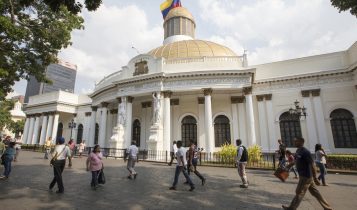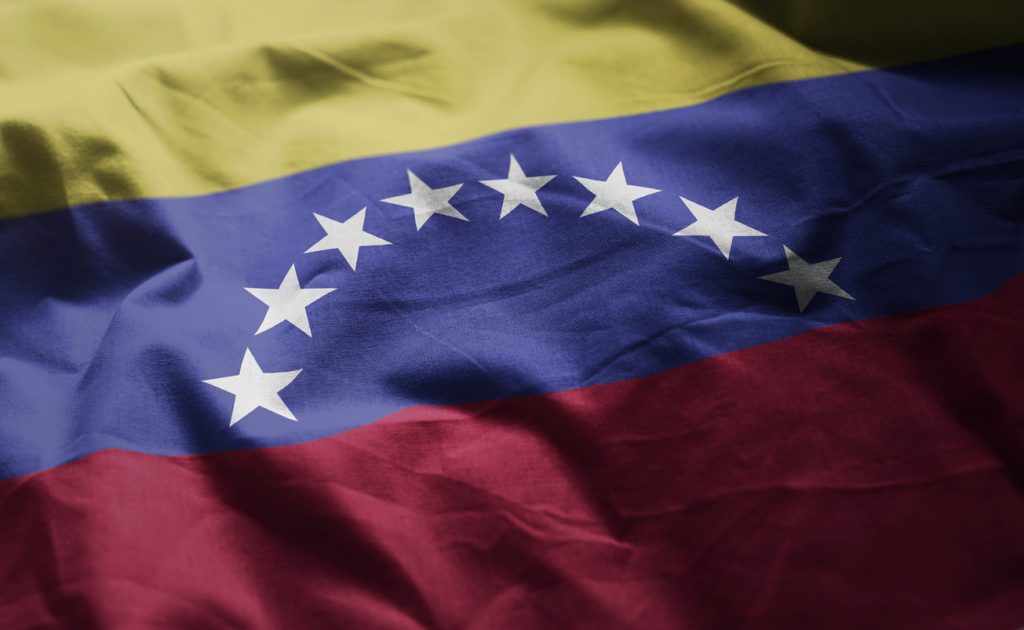Stephanie Limaco and Leigh Crestohl of Zaiwalla & Co examine the possibility of an increase in foreign investment in Venezuela, especially with regards to oil, and highlight the reasons regarding this new interest.
There seems to be renewed interest in Venezuela by high-risk appetite investors. Recently, a couple of private equity funds were seeking to acquire shares in Venezuelan companies and invest in Venezuelan financial assets, and some foreign companies and investment groups acquired private companies or established branches in Venezuela, including DirectTV, Cargill and Liberty Mutual Holding. An economic adviser at London’s EM Funding has said that the opportunities for profit in the first phase of economic recovery are “immensely high”.
One driver of this emerging interest is likely to be the expectation that the US Government may revise its Venezuela sanctions programme, or at least introduce more exceptions to the very severe sanctions rules currently in place. Another reason may be a potential change of approach of the Venezuelan Government, reflected by the liberalisation of the economy in the last few years and the anti-blockade law ratified by the National Assembly a couple of months ago. The fact that the country has the largest oil reserves in the world, the largest gas reserves in Latin America, and its power generation infrastructure, also explain the interest.
Potential sanctions relief
Recently, the Venezuelan Government adopted several measures that were seen as gestures of goodwill by the Chairman of the US House Foreign Affairs Committee, including the release from prison of a group of American executives of Citgo, an agreement with the World Food Programme and another with opposition representatives concerning Venezuela’s National Electoral Council.
Currently, the Biden administration is reviewing existing sanctions and one alternative approach that may allow for more targeted sanctions, assett forfeitures and indictments of Maduro officials. As talks between the Venezuelan Government and the opposition will soon resume in Mexico with Norwegian mediation, the EU, the US and Canada have indicated a willingness to review sanctions policies if there is meaningful progress in a comprehensive negotiation.
Sanctions relief for Venezuela, especially with regard to oil, would be essential for foreign investors because the country is subject to several concurrent and companies are usually inclined to over-comply rather than face the legal, commercial or reputational risks involved. The US sanctions regime is very extensive and applies potentially not only to US persons but also poses a risk of secondary sanctions for non-US entities. It includes broader sectoral sanctions, covering the gold and oil sectors, and transactions with the Government of Venezuela. Nevertheless, the US government recently authorised certain transactions involving the export or reexport of LPG to Venezuela, a relaxation of one of the restrictions imposed by the Trump administration.
The UK sanctions regime, in contrast, is only applicable to persons within the UK, and UK persons abroad. The list of Venezuela sanctions targets is more limited in scope than the US sanctions list, and it mainly consists of certain government officials and authorities (not commercial entities). However, investors would likely feel more confident if sanctions are also lifted or eased by the UK, Europe and other countries.
Potential change of approach of the Venezuelan Government
 The government’s liberalisation of the economy from 2019 gave positive signals for private investors, who welcomed a relaxation of the rigid controls that had been in place for the previous 17 years. The elimination of currency and price controls led to a dollarisation of the economy, and by the beginning of 2020 more than half of transactions in Venezuela were in US dollars. Last November, a company started issuing fixed income dollar-denominated bonds in Venezuela, which was possible because of a change of rules by the government.
The government’s liberalisation of the economy from 2019 gave positive signals for private investors, who welcomed a relaxation of the rigid controls that had been in place for the previous 17 years. The elimination of currency and price controls led to a dollarisation of the economy, and by the beginning of 2020 more than half of transactions in Venezuela were in US dollars. Last November, a company started issuing fixed income dollar-denominated bonds in Venezuela, which was possible because of a change of rules by the government.
The recently ratified anti-blockade law, which allows an increase in private investment and the privatisation of state-owned and mixed enterprises, could also open a path to increased foreign investment in the oil industry. It is reported that Petróleos de Venezuela has started to sign Productive Services Agreements (ASPs) with new partners, giving more control to the private sector, although there is still uncertainty as to whether this will be successful.
Challenges
Companies interested in investing in Venezuela will need to navigate multiple sanctions regimes, which can vary depending on changing political scenarios and circumstances. Potential investors should take prior advice from sanctions, compliance and export control experts. Further, these companies should obtain comprehensive legal advice to determine the best way to structure their investments to achieve maximum legal protection. Carefully drafted contracts, in particular choice of law and forum selection clauses, would be key in this assessment.





















